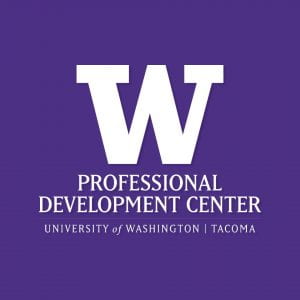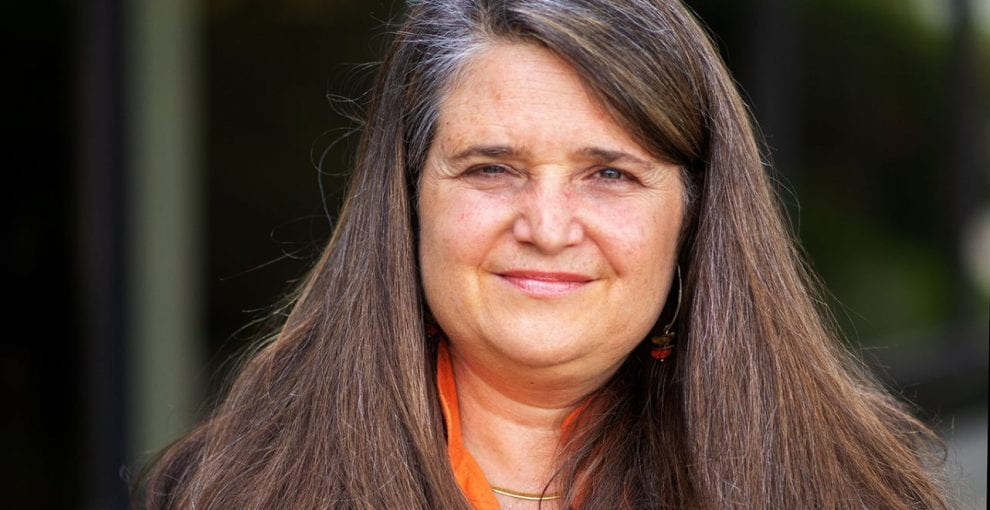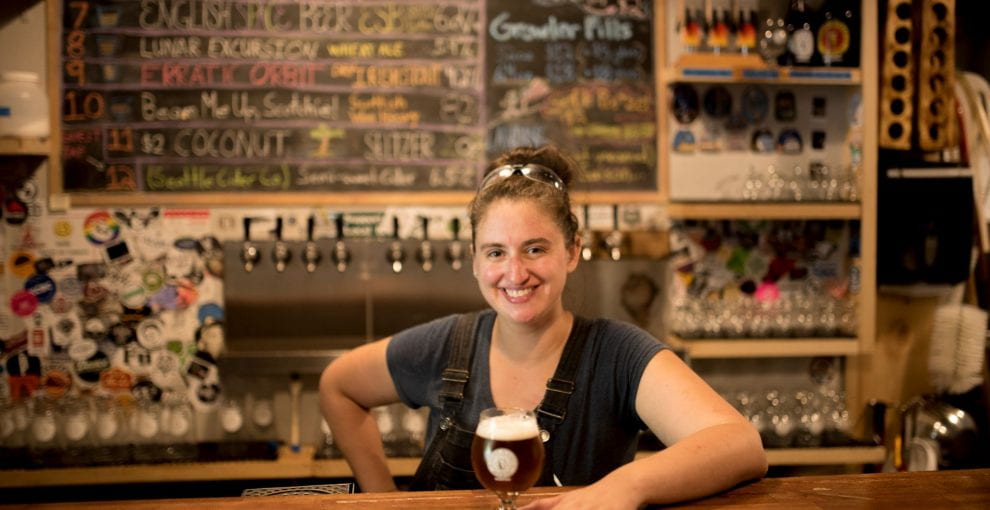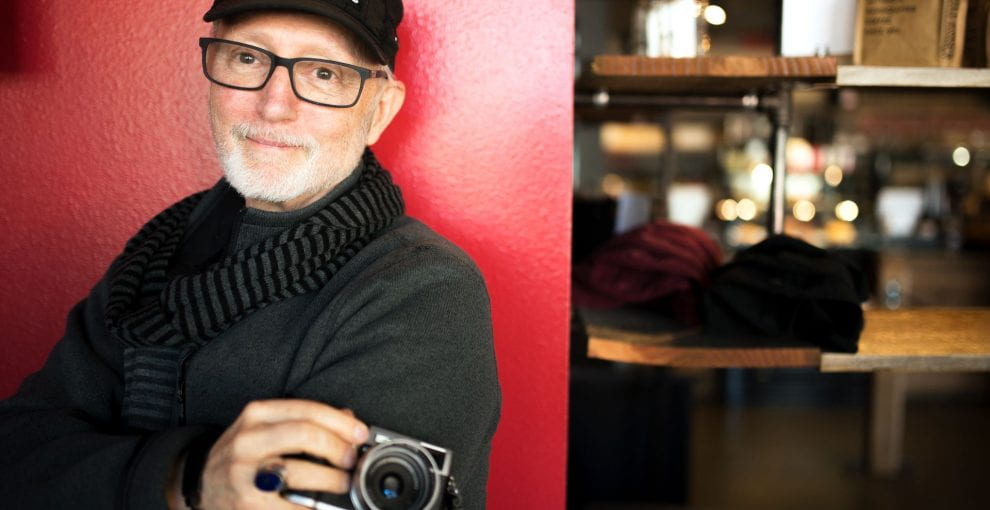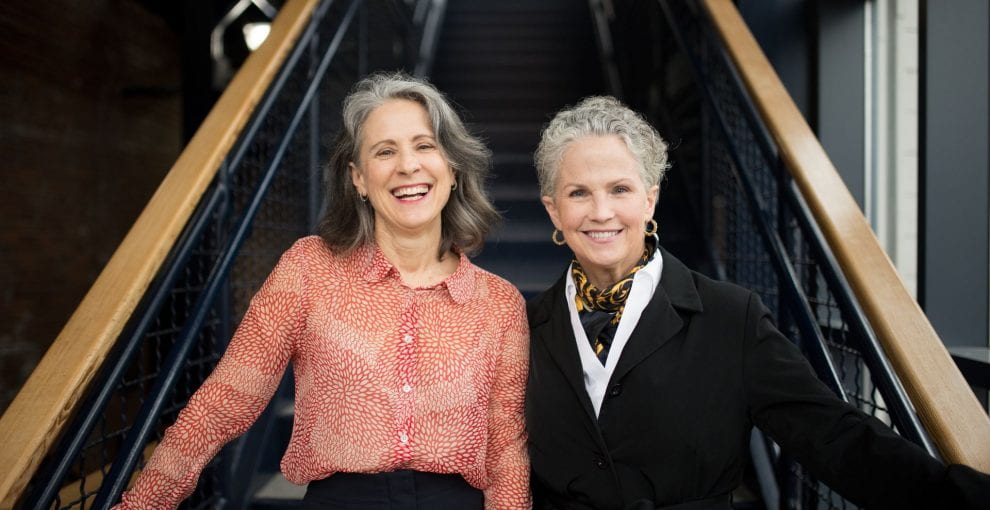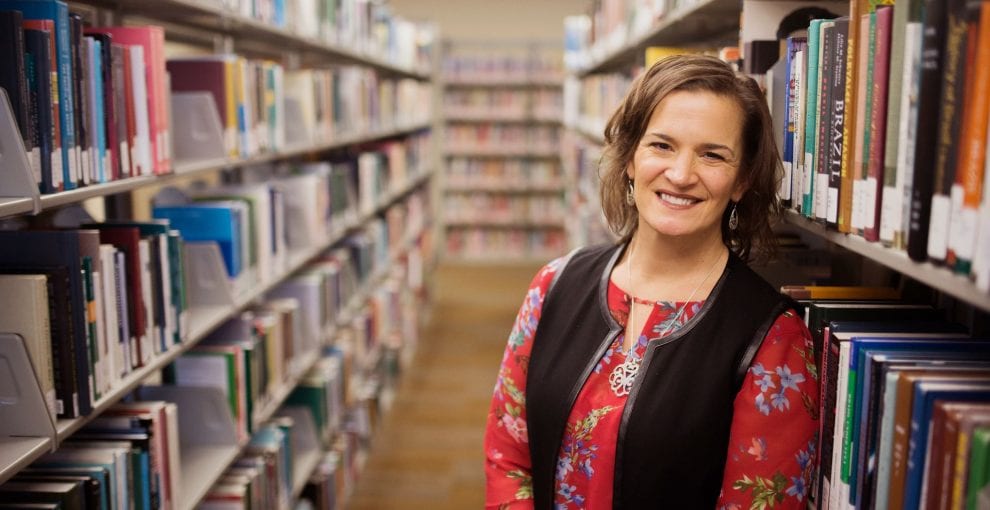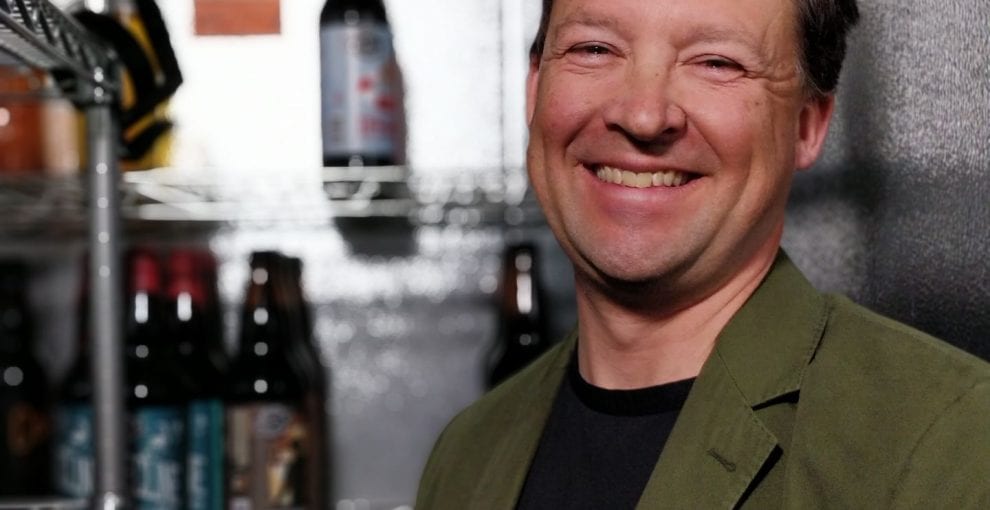A graduate of the University of Washington Tacoma’s Lean Six Sigma: Black Belt program was presented the Governor’s Leadership in Management Award in a ceremony recently.
Lisa Heaton, who attended the UW Tacoma Professional Development Center program in 2018, led a program team that “recovered almost $16 million for Washington consumers” as a result of complaints filed with the Office of the Insurance Commissioner. Her Black Belt project streamlined processes to improve information flow for executive decision-making. She and her team “use performance metrics to measure improvement,” according to a citation listed on the Washington governor’s website. The award “recognizes managers in state government who demonstrate extraordinary leadership through performance results in the previous year.”
Heaton currently serves as the Consumer Advocacy Program Manager within the Consumer Protection Division at the Office of the Insurance Commissioner. Doing that work, she oversees a program responsible for protecting and advising insurance consumers in Washington state.
“It’s a lot of work because we always have to be up on the new laws and regulations in our state, also with what’s happening on the federal level – that’s a fast moving train,” said Heaton.
While Heaton is quick to credit her staff for the impressive results that earned the award, it is easy to see the impact her Lean Six Sigma initiatives have had on the office.
“When I started here, I felt as program manager it was really helpful to be able to identify changes in our processes, to better inform our deputies and commissioners,” said Heaton.
“That’s why I wanted to take the Black Belt. It helps me as a program manager better understand how to actively involve our subject matter experts to identify problems and develop processes that work best for our customers and employees within state government,” she said.
In the program’s offices, Heaton encourages her staff to use a shared idea board – a practice she said helps problems get solved more effectively. This is another Lean Six Sigma approach, and while Heaton’s staff isn’t pulling Andon Cords on an assembly line, they are empowered with the responsibility to call attention to identify problems as they arise.
“Setting up new implementation processes, you have to understand how mapping works and how to involve the subject matter experts who are actually doing the work,” she said. “They can really point out how a process should work because they’re aware of any gaps.”
Heaton said she is happy with her decision to pursue a Black Belt at the UW Tacoma PDC.
“I would recommend this kind of training for any manager,” she said.
Before she attended the Black Belt program, Heaton had a journey through education, and Latin America, to get here. Heaton grew up in Panama, completed a master’s degree in Chile and moved to Bolivia before earning her doctorate from the University of Wisconsin – Madison.
She had planned to return to Bolivia to work in international development, but her focus changed when she moved to Washington with her husband and took a job in state government. In this new context, process improvement caught her attention.
“I’m at heart more of a social science researcher, so everything I look at is like a social science experiment,” she said. “I like to see how people and organizational culture changes.”
“I was in Chile when they were instituting national education reform,” she said. “So everything I’ve learned from organizational culture and transformation of a workplace, I’ve seen happen on large scales, as well.”
She also experienced major changes in higher education while working for a university in Bolivia. Seeing how theories are used to bring about practical change is part of what drew Heaton to the Black Belt program at UW Tacoma.
“I soaked up all the information [instructor Wendy Fraser] provided in her articles. You have to start with a concept or a theory to get to practical action,” said Heaton.
Heaton has been using Lean Six Sigma since around 2015, when she took a Green Belt equivalent program through the state’s Department of Enterprise Services. She especially enjoyed the Black Belt program, she said.
“I did the course on Fridays. I was with mostly other people who were working in state government,” she said. “It was an ideal setting, having a small group, because we could really talk about our experiences and talk through some of the challenges.”
Beyond just the content, Heaton said the instructor’s innovative style of leading the program added value to her experience.
“I thought it was a well thought out course that Wendy designed,” said Heaton. “She clearly has a broad depth of experience, which I think is important for students who are practitioners.”
“I’ve been in courses where it’s lecture formatted – with her it was much more experiential and driven by a really well selected curation of articles by topic,” she said.
In some instances, Heaton was able to immediately apply what she learned in class to her work.
“We worked on real projects in class,” she said. “I selected a project that would help us better escalate consumer complaints to make sure they were addressed more quickly and to streamline and map out processes when we send them to enforcement.”
“It was definitely useful,” said Heaton. “I would recommend this kind of training for any manager.”
Even though she has graduated, future PDC students may find themselves sitting next to Heaton in another classroom someday.
“No matter where you are in life, you don’t stop learning,” said Heaton. “I have to constantly be taking courses and stay up-to-date on things.”
UW Tacoma’s Lean Six Sigma: Black Belt class is offered at locations ranging from Lacey to Everett. The program, which meets weekdays and weekday evenings depending on the location, is designed for experienced Lean Six Sigma practitioners who wish to develop critical skills for leadership in government, manufacturing, service and any professional field that involves processes.
“I would highly recommend it to anybody. It’s relevant, it’s up to date, it’s stuff that incorporates all the other approaches,” she said. “When I hear ‘it’s the flavor of the day,’ I don’t agree. I think it’s something everybody in government should be trained in.”
It’s about serving the public, your customer, better,” said Heaton. “That’s what we’re in the business of doing in state government.”
For more information about Lean Six Sigma programs at the UW Tacoma Professional Development Center, please visit our website.
